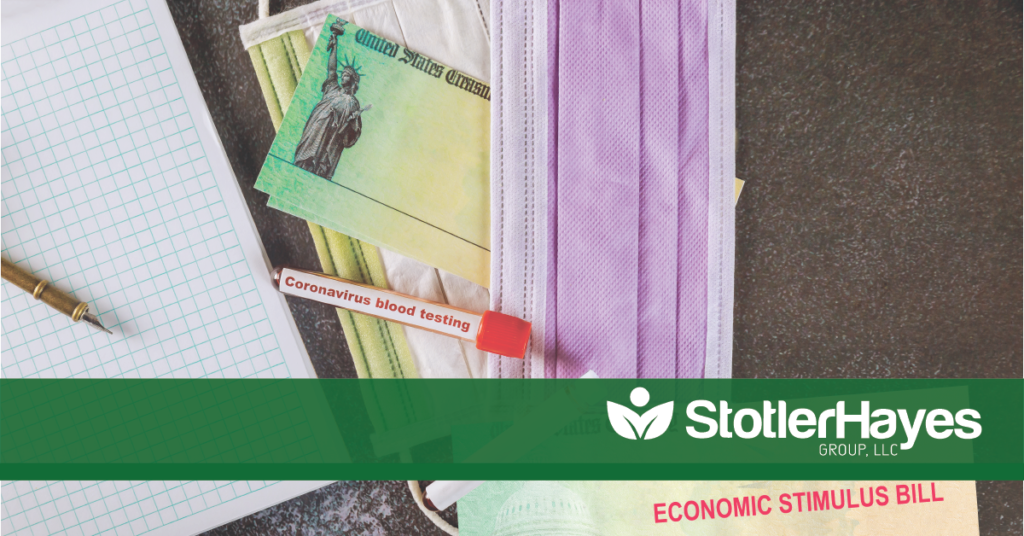
Dear Clients and Friends in the Long-Term Care Industry,
Last month, we addressed your question about what impact the $1200 COVID-19 stimulus checks was going to have on your residents’ Medicaid eligibility. Although neither CMS nor the IRS had published guidance at that time, we suggested, based on existing IRS Code and SSA statements, that stimulus checks would be excluded from consideration as either income or resources for 12 months from receipt for purposes of Medicaid eligibility.
Since that time, Congress has specifically clarified, “[a]s with any tax credit, these payments do not count as income or resources for a 12-month period in determining eligibility for, or the amount of assistance provided by, any federally funded public benefit program.” U.S. Congressional Research Service, COVID-19 and Direct Payments to Individuals: Summary of the 2020 Recovery Rebates/Economic Impact Payments in the CARES Act (P.L. 116-136), IN11282, April 17, 2020, Margot L. Crandall-Hollick, Text from: Congressional Research Digital Collection, Accessed May 19, 2020.
As a tax credit (rather than income), these funds cannot be garnished, seized or otherwise mandated to be paid toward your residents’ ongoing monthly patient liability. However, and this is the important part, the IRS specifically noted that “tax refunds paid under the Internal Revenue Code, including the Economic Impact Payment, are not protected from garnishment by creditors once the proceeds are deposited into an individual’s bank account.” See IRS Economic Impact Payment Information Center, Question and Answer 42, available here, Accessed May 19, 2020. Thus, pursuant to the IRS’ guidance, a Court-issued garnishment Order, may be utilized to seize the resident’s Stimulus Check to pay a pre-existing, outstanding balance. Of course, certain states have passed their own regulations with respect to these payments, including some very broad interpretations that effectively render the $1,200 exempt from garnishment. Thus, although it is permissible under federal law, we suggest you consult with an attorney on the specifics of your state’s laws, regulations and guidance prior to undertaking efforts to garnish these funds. Likewise, although we are generally recommending that clients request that their residents utilize stimulus funds to pay any outstanding debt owed their facilities, a state-specific inquiry is required to determine whether that request takes a written or oral form. Accordingly, if you have questions regarding these funds, we recommend you consult an attorney – either Stotler Hayes Group or another experienced attorney of your liking!
If you have questions, please do not hesitate to contact Kelly Hayes, at KHayes@stotlerhayes.com
